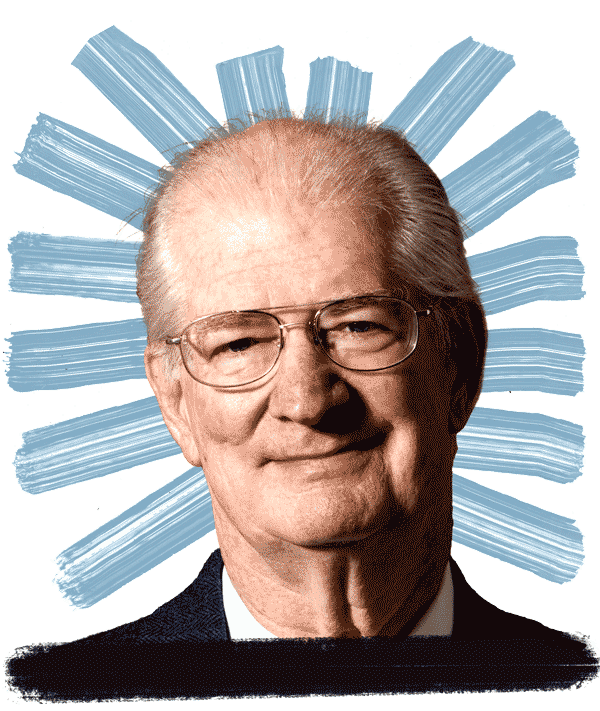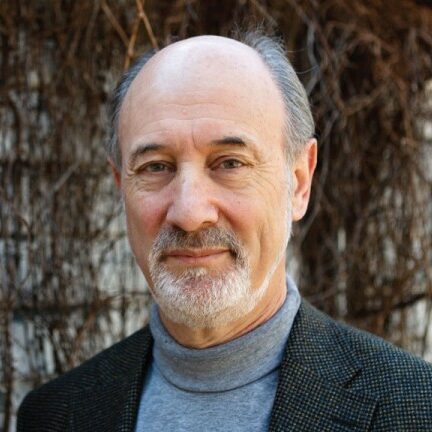We open by talking to Dan Cash, who relives the extraordinary moment in his life when he lost his terror of crossing bridges. Finding himself standing on the edge of a towering aqueduct in Doncaster, looking down into the water below, his phobia is cured by an astounding new medication. When illusionist Derren Brown reveals that the medication is simply a placebo, Dan expects his terror to immediately return… but it doesn’t. Why?
The episode explores the uniquely human psychology of storytelling, our innate capacity for making sense of data by creating narratives, and how damaging these narratives can be when we believe in them too much. By asking about the story that is most integral to our society, we arrive at the story of our economy: what it is, where it comes from, and what it’s missing.
Together with some top economists, including the legendary Herman Daly, we question our goal of perpetual economic growth and debunk the idea that it is compatible with a green agenda. We also propose the writing of a new economic story, one that replaces GDP with a new form of capitalism unlike anything we’ve seen before.

Herman Daly is hailed as the father of ecological economy and was nominated for a Noble Peace Prize. In the 1960s, when economic growth became the single most important objective of government economic policy, Herman saw a different future. He called for a change in thinking to make our economies more consistent with the finite energy and resource limits of the Earth.
In 1988 he started his work at the World Bank, where he tried to have his view of the economy as a sub-system of the biosphere adopted, but without success. However, he did much to improve the bank’s consideration of the environmental consequences of large projects, and upon leaving in 1994 gave a widely read speech recommending the bank should improve their operations. He wrote of it… arguing against economic growth was like poking ‘a big hornets’ nest with a short stick…it rudely upsets a very large and comfortable consensus’.

Tim is one of the foremost ecological economists in the world and writer. He has been the Director of the Centre for he Understanding of Sustainable Prosperity (CUSP) for 8 years. Tim has been at the forefront of international debates on sustainability for three decades and has worked closely with the UK Government, the United Nations and the European Commission to bring economic and social science research into sustainability.
Where his work culminated in the publication of his controversial and ground-breaking book Prosperity without Growth (2009/2017) which has subsequently been translated into 17 foreign languages. It was named as a Financial Times ‘book of the year’ in 2010 and UnHerd’s economics book of the decade in 2019. His latest book Post Growth—life after capitalism was published by Polity Press in 2021 and won the 2022 Eric Zencey Prize for Economics.
In addition to his academic work, he is an award-winning dramatist with numerous radio-writing credits for the BBC.
He has also collaborated with Prof. Peter Victor on the development of their LowGrow model for macroeconomics.

Peter is one of the founders of ecological economics and was the first President of the Canadian Society for Ecological Economics. By extending input-output analysis, he was the first economist to apply the physical law of the conservation of matter to the empirical analysis of a national economy. Professor Emeritus at York University, he’s worked on environmental issues for over 40 years as an academic, consultant and public servant.
He’s also authored extremely successful books such as Managing Without Growth, and his new publication ‘Escape from Overshoot (Economics for a Planet In Peril).
He has also collaborated with Prof. Tim Jackson on the development of their LowGrow model for macroeconomics.